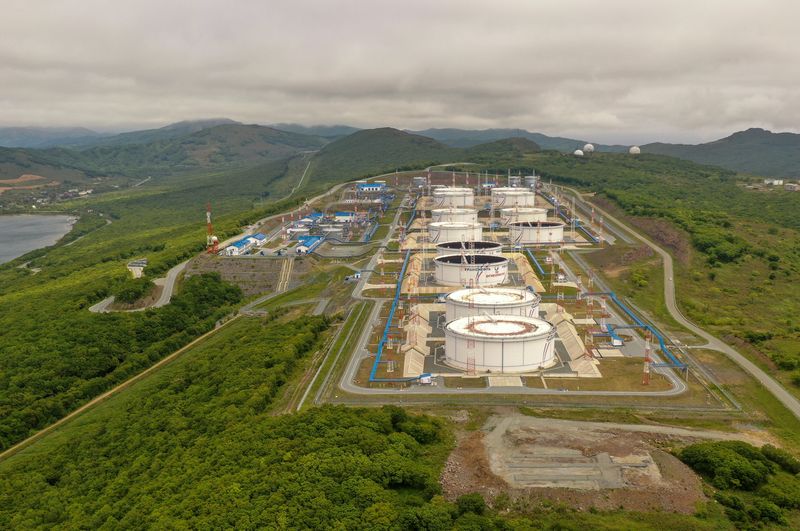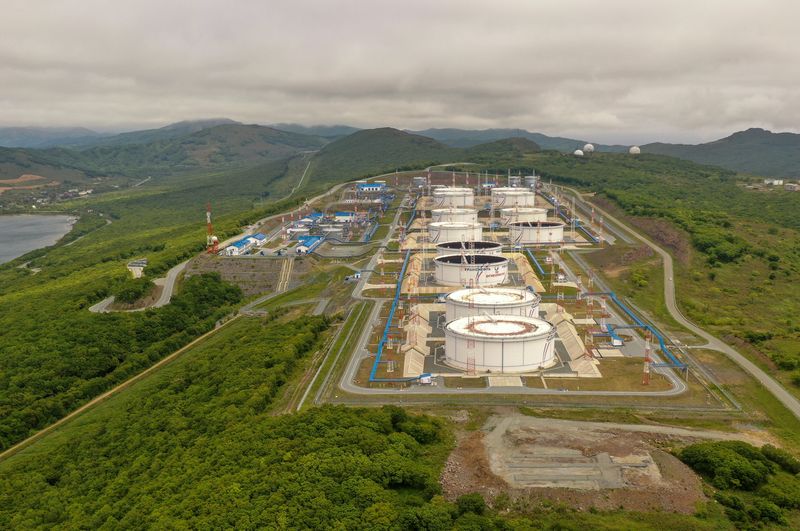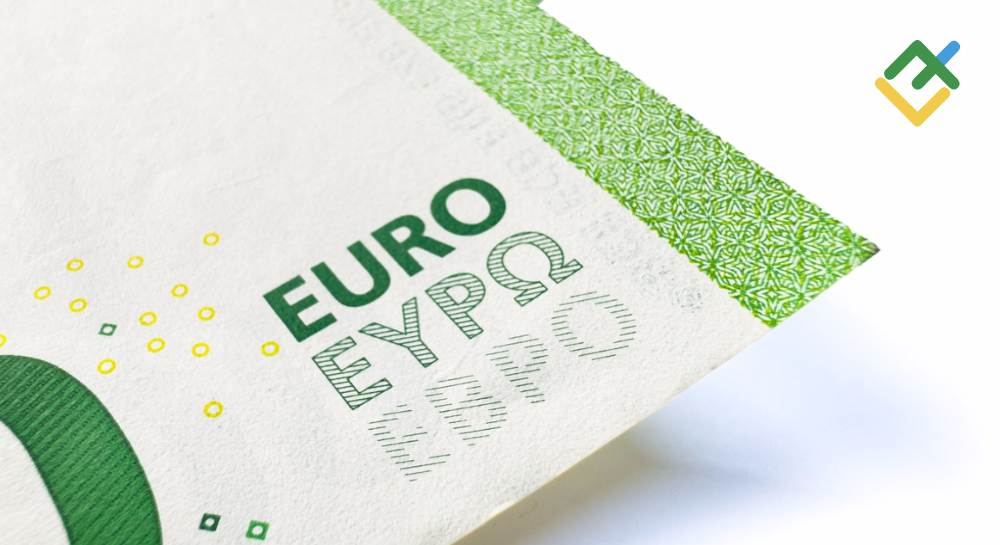
By Jeslyn Lerh
SINGAPORE (Reuters) -Oil prices inched up on Friday amid signs of easing inflationary pressures in the United States, the world’s biggest oil consumer, although Brent crude was set for a weekly decline.
Brent crude futures rose 49 cents, or 0.6%, to $85.89 a barrel by 0630 GMT. U.S. West Texas Intermediate crude futures climbed 58 cents, or 0.7%, to $83.20 a barrel.
Both contracts gained in the prior two sessions, but were still poised for weekly declines.
Brent futures were set to fall about 1% week-on-week following four weekly gains. WTI futures were broadly stable on a weekly basis.
Investor confidence was bolstered after data on Thursday showed U.S. consumer prices fell in June, stoking hopes that the Federal Reserve will cut interest rates soon.
Lower rates are expected to boost economic growth, which would help raise fuel consumption.
The market, however, is still awaiting clearer signs of action. While Fed Chair Jerome Powell acknowledged the recent improving trend in price pressures, he told lawmakers that more data was needed to strengthen the case for rate cuts.
“Cooling U.S. inflation numbers may support the case for the Fed to kick-start its policy easing process earlier rather than later, but it also adds to the series of downside surprises in U.S. economic data, which points to a clear weakening of the US economy,” said Yeap Jun Rong, market strategist at IG.
Indications of strong summer fuel demand in the U.S. also supported prices.
U.S. gasoline demand was at 9.4 million barrels per day (bpd) in the week ended July 5, the highest for the week that includes the Independence Day holiday since 2019, government data showed on Wednesday. Jet fuel demand on a four-week average basis was at its strongest since January 2020.

“The market will remain rangebound, paralysed by opposing forces of expected demand recovery fuelled by an anticipation of a strong summer for fuels consumption … but sentiment remains pegged by ongoing economic weakness and uncertain demand recovery,” said Emril Jamil, senior oil analyst at LSEG.
The strong fuel demand encouraged U.S. refiners to ramp up activity and draw from crude oil stockpiles. U.S. Gulf Coast refiners’ net input of crude rose last week to more than 9.4 million bpd for the first time since January 2019, government data showed.
This post is originally published on INVESTING.






